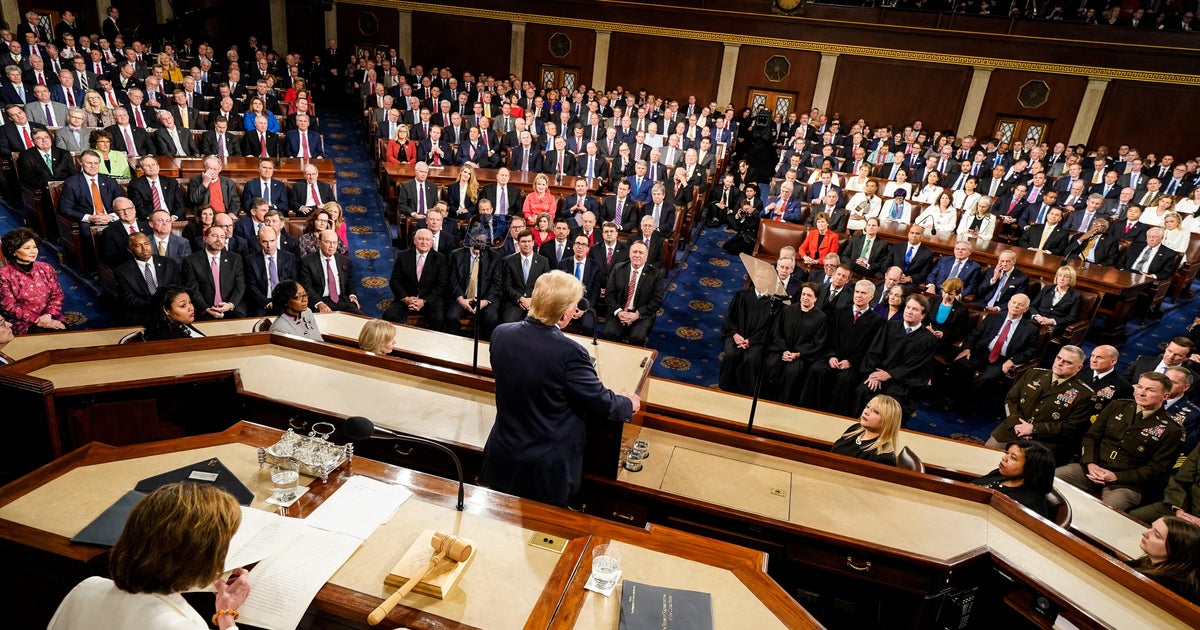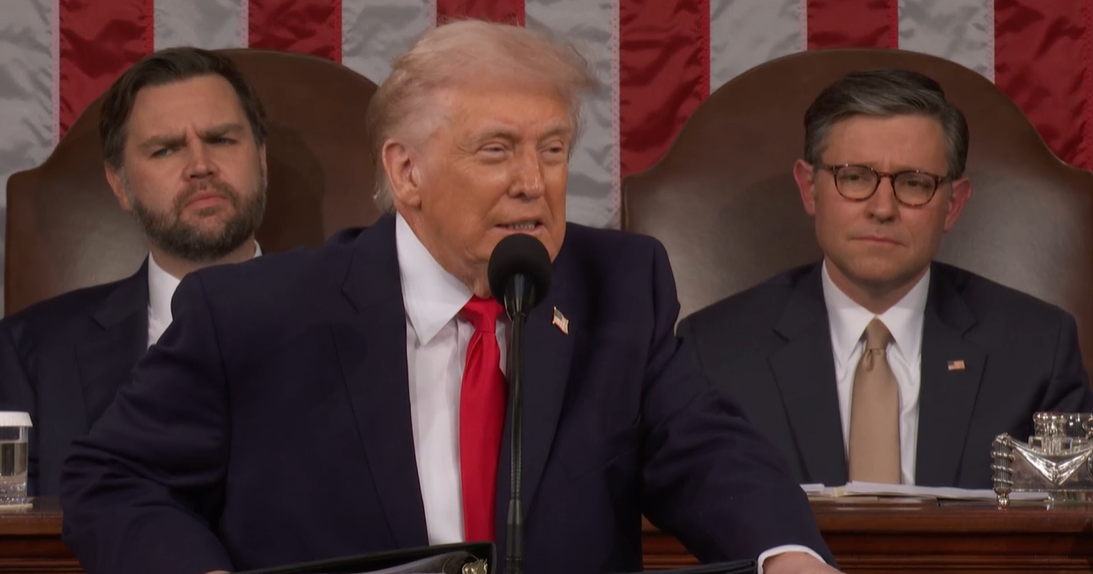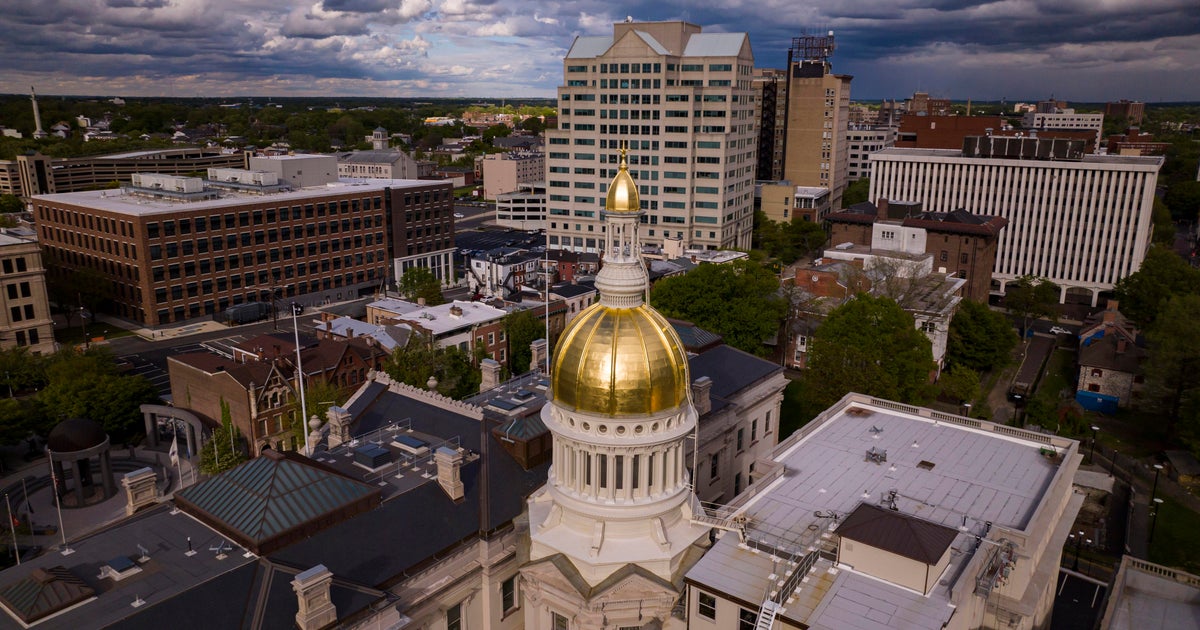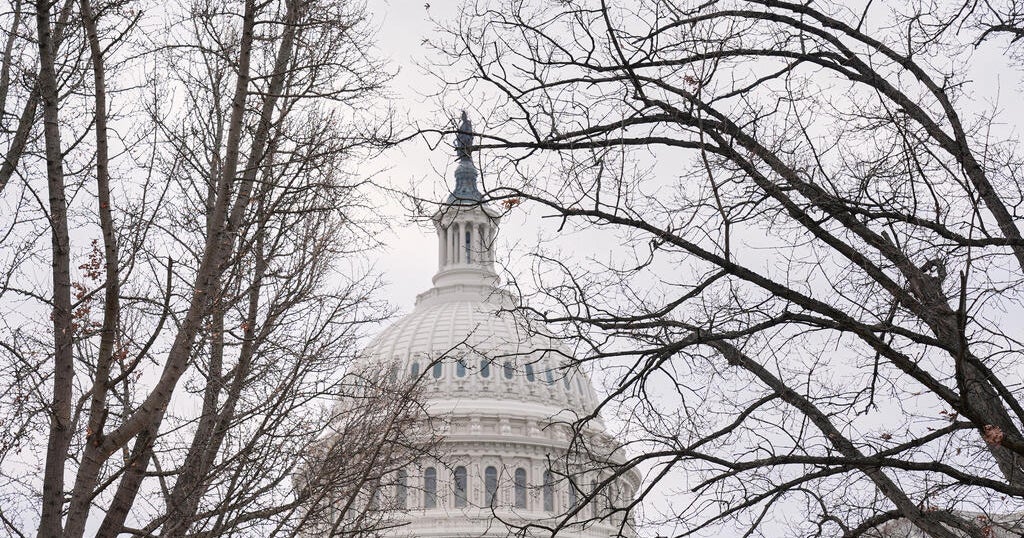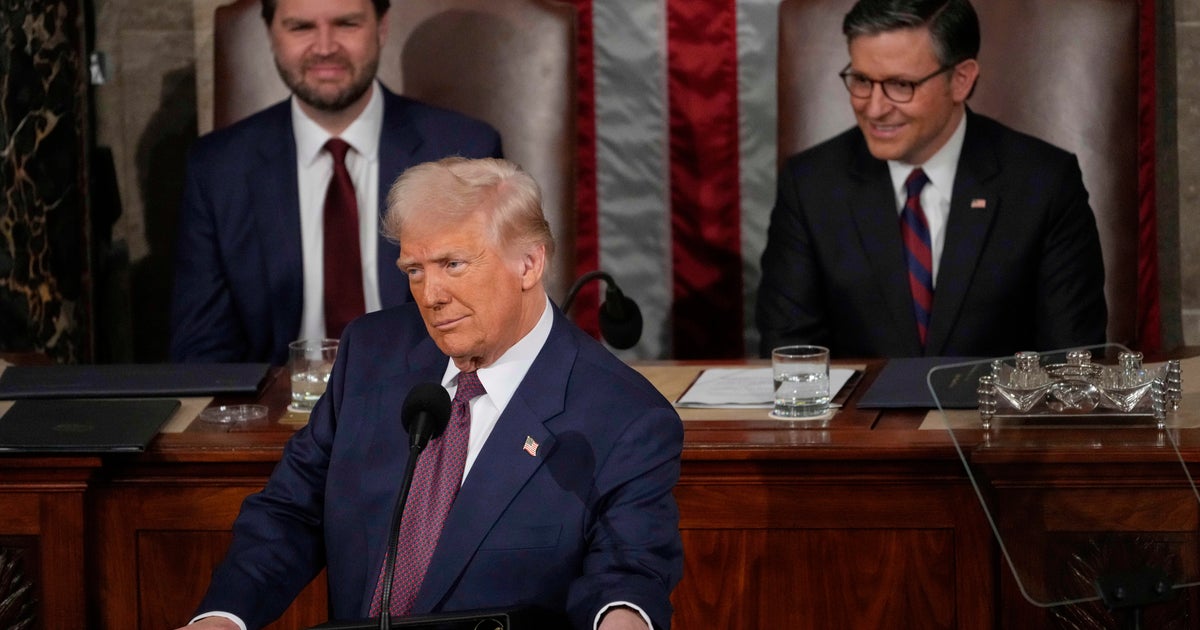Fact Check: No, Trump Didn't Invent 'Prime The Pump'
Follow CBSDFW.COM: Facebook | Twitter
WASHINGTON (AP) — President Donald Trump took credit in an interview for coining the phrase "prime the pump," seemingly unaware that it was popularized during the Great Depression more than 80 years ago and has been used frequently ever since.
"I came up with it a couple of days ago and I thought it was good," Trump told "The Economist" magazine in an interview published Thursday. The interviewers refrained from correcting the president about a well-worn metaphor for generating faster growth.
It's another goof by a president with a careless grasp of U.S. history. Trump recently suggested that Andrew Jackson could have somehow prevented the Civil War, even though the two-term Democrat owned slaves and died nearly 16 years before the war started in 1861. He's also theorized that most people are surprised to learn Abraham Lincoln was a Republican and spoken of 19th century abolitionist Frederick Douglass as someone "who's done an amazing job," as if he might still be alive.
The Merriam-Webster dictionary people quickly tweeted that the phrase "priming the pump" has been around since the early 1800s.
Literally, it's about pouring water into a pump to allow it to create suction. The phrase was commonly used by mining publications during the 1920s, but it took on new significance after the economy cratered during the Great Depression.
By 1933, President Franklin D. Roosevelt had promoted the idea of flushing money into the economy in order to stimulate stronger growth with his New Deal policies. The notion of priming the pump is associated with the British economist John Maynard Keynes, who theorized that a government could spur a recovery from a downturn with deficit spending.
The policies rankled Roosevelt's predecessor, Herbert Hoover, after FDR took office. "One of the ideas in these spendings is to prime the economic pump," Hoover said in a 1935 speech. "We might abandon this idea also, for it dries up the well of enterprise."
For Trump, the idea is that cutting taxes would inject more money into the economy. The government would run higher deficits to fund the tax cuts, but they would generate faster growth that would at some point reduce the size of the deficits. The administration has yet to present exact numbers to measure the impact its tax plan would have on the economy, but a survey of leading academic economists by the University of Chicago found that none believed the growth would be sufficient for the tax cuts to pay for themselves.
